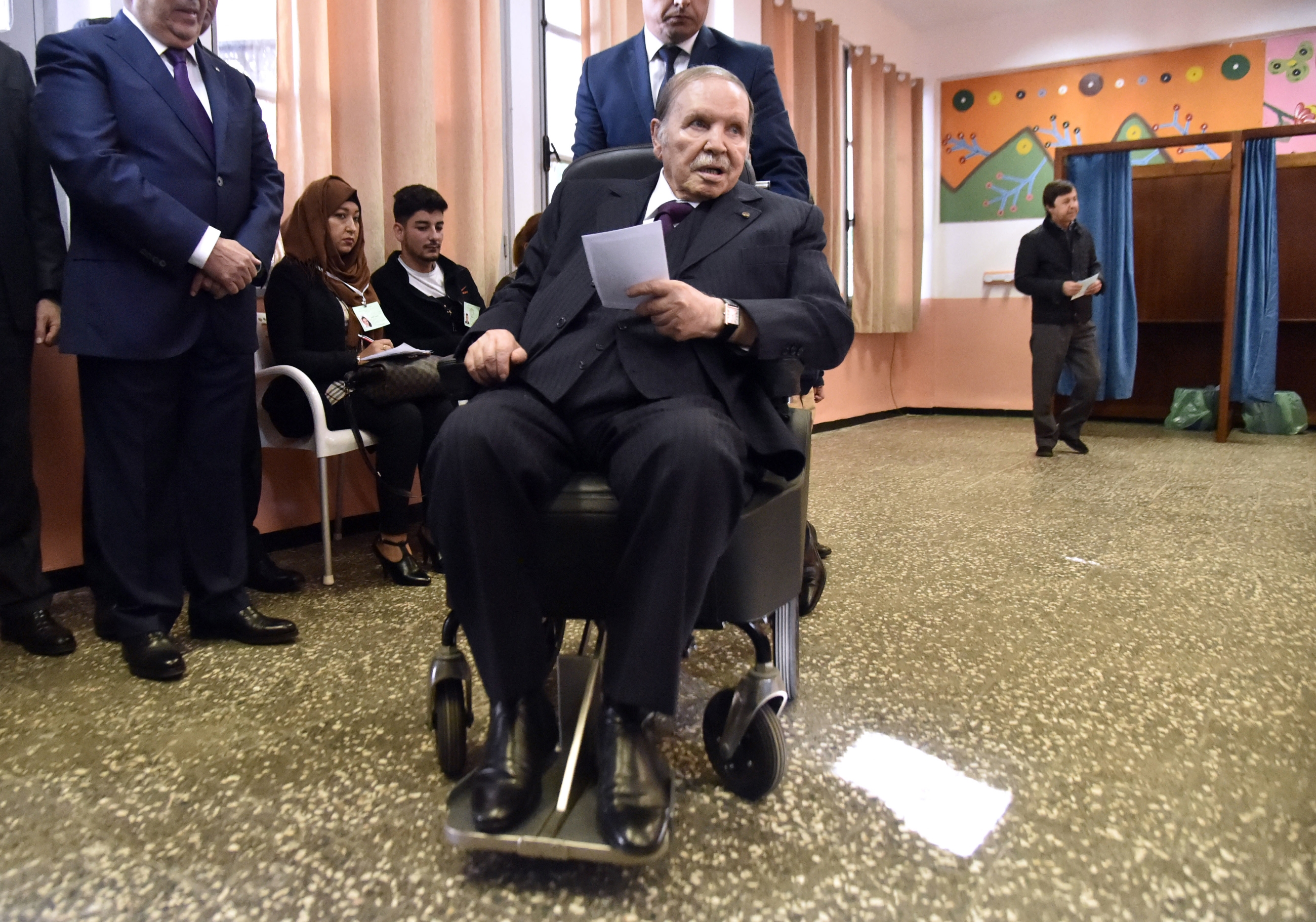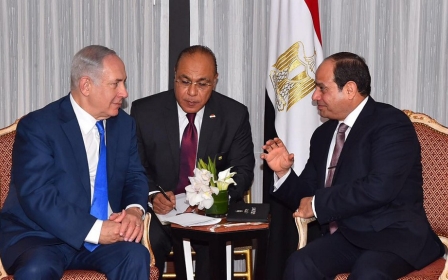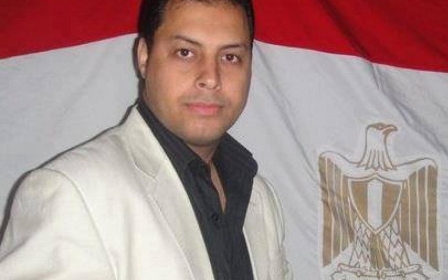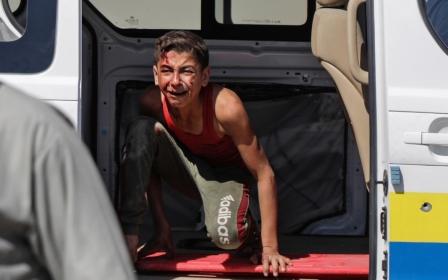Arabic press review: Bouteflika still squatting in presidential palace

Former Algerian President Abdelaziz Bouteflika, who was ousted six months ago, is still residing at the presidential palace in the city of Zeralda, west of Algiers, a local website reports.
Bouteflika has been under comprehensive health care at the presidential residence clinic since the end of 2013, according to the Algerian website Shihab Press.
While the presidential residence still has a heavy security presence, the number of guards near Bouteflika's own apartment has been decreased.
The website said that Bouteflika owns an apartment in the Bashir Brahimi neighbourhood, and a villa in the same area previously hosting his now deceased mother.
A presidential election is set for December to choose a successor to Bouteflika.
Mass protests this spring forced the president to step down after 20 years in power, leaving the army as the main player in Algerian politics.
Saudi Arabia views Houthi initiative 'positively'
Saudi Arabia looks positively on Yemeni Houthi movement's calls for truce last month, Deputy Defence Minister Prince Khalid bin Salman said on Friday.
"The truce announced from Yemen is positively perceived by the kingdom, for this is what it has always sought, and it hopes that it will be implemented effectively, as was stressed upon by the crown prince," Khalid bin Salman wrote on Twitter.
The minister called for Yemenis to unite, with the kingdom’s support, against Iran’s “project of chaos and sedition”.
Khalid bin Salman also said Iran is exploiting Yemen to serve its own interests, and brushed off Tehran’s calls for de-escalation as part of the Islamic Republic’s “disinformation campaign”.
“On the one hand, Iran blames Yemenis to evade responsibility for its terrorist acts. On the other hand, [Iran] underestimates the value of Yemenis by speaking on their behalf, saying that they are seeking de-escalation in Yemen,” he wrote.
On 20 September, the Houthis vowed to halt cross-border attacks if the Saudi-led coalition stopped its military operations in Yemen.
Russia strengthening ties with Saudi Arabia
Russian President Vladimir Putin's upcoming visit to Saudi Arabia will strengthen the partnership between the two countries and take it to a new level, Russian Foreign Minister Sergei Lavrov told Saudi paper Asharq al-Awsat in an interview.
Lavrov said relations between Moscow and Riyadh are based on "friendship and diversity in bilateral interests, as well as the principles of equality, mutual respect and consideration for the interests of both sides."
"Both President Putin and King Salman bin Abdulaziz have personally seen to this approach," he said, adding that "Crown Prince Mohammed bin Salman made a significant contribution to this effort."
Lavrov also welcomed last week's formation of the Syrian Constitutional Committee, saying that progress on the political path in Syria's conflict will bring up the issue of "the necessity of Syria's return to the Arab family".
"This issue hugely depends on Saudi Arabia's position, for it is influential in the region and beyond," he said.
Syria was kicked out of the Arab League in 2011 after the brutal crackdown by President Bashar al-Assad's forces on mass protests against his rule.
Lavrov's statement indicates that Moscow might press Riyadh to agree to allow Syria back in the Arab League and push the Arabs to normalise relations with the Syrian government.
Middle East Eye propose une couverture et une analyse indépendantes et incomparables du Moyen-Orient, de l’Afrique du Nord et d’autres régions du monde. Pour en savoir plus sur la reprise de ce contenu et les frais qui s’appliquent, veuillez remplir ce formulaire [en anglais]. Pour en savoir plus sur MEE, cliquez ici [en anglais].




